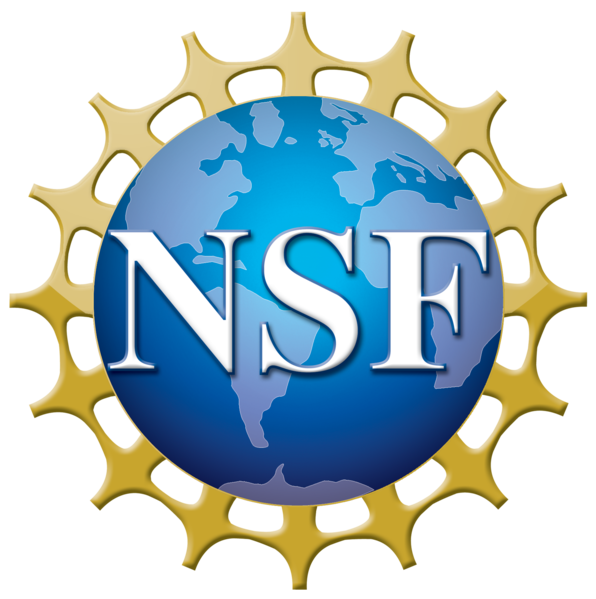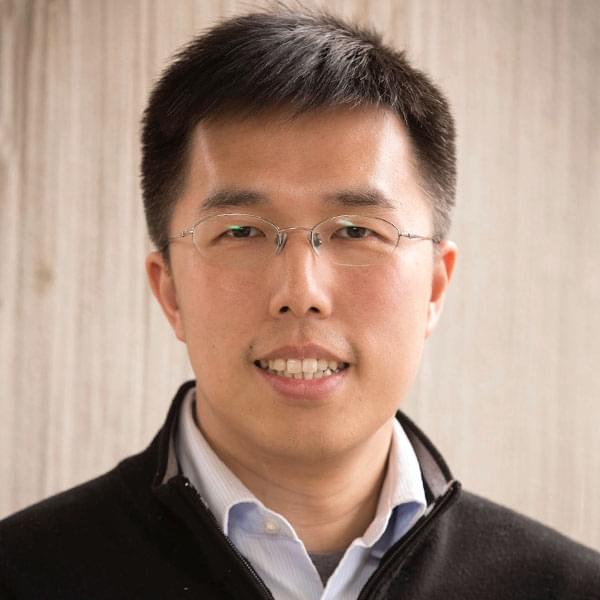arXiv 2402.18809v1
Entanglement-enabled advantage for learning a bosonic random displacement channel
Changhun Oh, Senrui Chen, Yat Wong, Sisi Zhou, Hsin-Yuan Huang, Jens A. H. Nielsen, Zheng-Hao Liu, Jonas S. Neergaard-Nielsen, Ulrik L. Andersen, Liang Jiang, John Preskill
We show that quantum entanglement can provide an exponential advantage in learning properties of a bosonic continuous-variable (CV) system. The task we consider is estimating a probabilistic mixture of displacement operators acting on $n$ bosonic modes, called a random displacement channel. We prove that if the $n$ modes are not entangled with an ancillary quantum memory, then the channel must be sampled a number of times exponential in $n$ in order to estimate its characteristic function to reasonable precision; this lower bound on sample complexity applies even if the channel inputs and measurements performed on channel outputs are chosen adaptively. On the other hand, we present a simple entanglement-assisted scheme that only requires a number of samples independent of $n$, given a sufficient amount of squeezing. This establishes an exponential separation in sample complexity. We then analyze the effect of photon loss and show that the entanglement-assisted scheme is still significantly more efficient than any lossless entanglement-free scheme under mild experimental conditions. Our work illuminates the role of entanglement in learning continuous-variable systems and points toward experimentally feasible demonstrations of provable entanglement-enabled advantage using CV quantum platforms.


